Menu
Close
In the wake of devastating hurricanes, Barbuda, a small Caribbean island with a unique communal land system, finds itself grappling against a tidal wave of change. But this isn’t just any change – it’s the upheaval caused by disaster capitalism, a practice that exploits catastrophe for private gains. As hurricanes grow fiercer and climate change tightens its grip, the resilience of this unique community is being tested like never before.
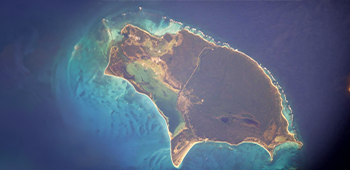

Barbuda, with its population of fewer than 2000 people, is no stranger to the wrath of nature. Vulnerable to hurricanes, floods, and monstrous storm surges, the island’s susceptibility is only exacerbated by the looming specter of climate change. In the past, intact ecosystems such as wetlands acted as natural guardians, shielding the coastline and human settlements from the most devastating impacts of catastrophic events.
However, Barbuda’s ecological guardians are under threat. Proposed and ongoing building ‘developments’ for foreign interests along the coastline are undermining the island’s natural resilience and the adaptability of its ecosystems. This endangers the island’s inhabitants, challenging their ability to weather the storm of climate change.
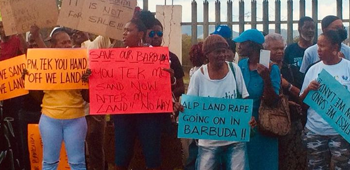
Gulliver Johnson, a steadfast community activist, stands at the forefront of Barbuda’s struggle. He emphasizes the island’s pivotal moment in history, recounting the resolute vote to preserve a century-old common land ownership system. Barbuda’s unique communal land tenure system is more than just a legal framework; it’s the essence of the island’s identity and heritage.
Gulliver paints a somber picture of a looming “apartheid situation,” where foreign investors, in cahoots with the central government, are snatching up coastline and ecologically sensitive land at bargain rates. This wholesale land grab threatens both livelihoods and culture. The island’s very fabric hangs in the balance, with Gulliver asserting that if change isn’t enacted, Barbuda’s soul could be erased.
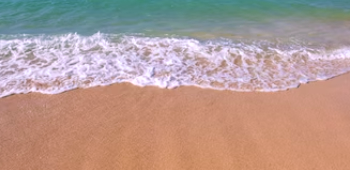
Jackie Frank, a dedicated voice for the Barbudan people, experienced the birth of disaster capitalism firsthand during Hurricane Irma. As residents were forcibly removed from their homes, machines and disaster capitalists descended like vultures, tearing up mangroves and exploiting the land.
While the central government’s propaganda tried to deter repatriation, citing mosquitoes and dead animals as reasons to stay away, the truth revealed a different story. Slow and relentless, these tactics aim to suppress the island’s fight for its soul.
Today, the very elements that protected against flooding and saved lives during the hurricane have been razed to the ground, becoming drawing boards for foreign investors’ grand designs. Palmetto Point’s once thriving ecosystem, was ruthlessly cleared away like useless trash.

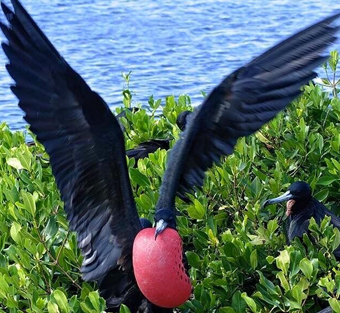
Save Barbuda is a group, formed after the forcible removal of Barbudans from their island following Hurricane Irma, of local and foreign advocates for socio-environmental justice on Barbuda.
Barbuda is susceptible to hurricanes, floods and huge storm surges, which are likely to get more intense as climate change takes a hold. [Source]
The natural protection of intact ecosystems such as wetlands protect coastlines and human infrastructure from worse impacts in catastrophic events.
Building developments such as those being proposed and carried out in the coastal zone of Barbuda severely compromise the resilience and adaptability of the island’s natural ecosystems and compromise the ability of its people to adapt to and survive climate change.
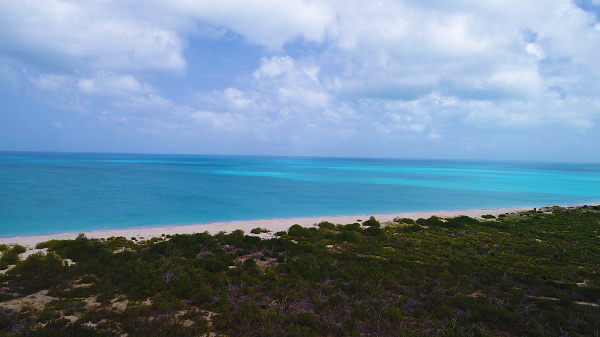
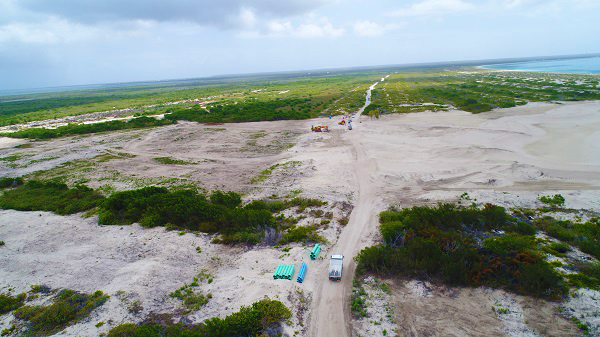
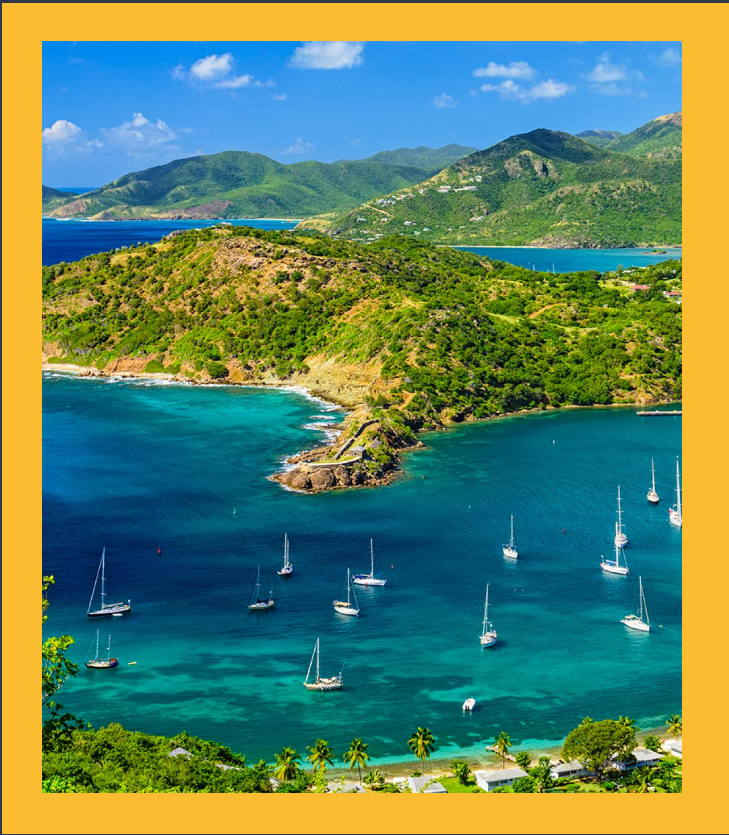
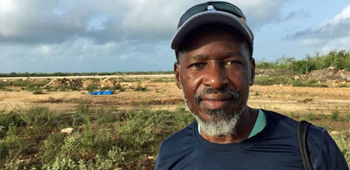
John Mussington, a marine biologist and newly elected Barbuda Council member, reveals how the battle for land ownership is a microcosm of the broader struggle against disaster capitalism. Recent attempts to shift beach ownership into private hands, in defiance of local law and post slavery customs, signal a move to restrict public access to these precious stretches of sand. The erection of a ten-foot fence at Palmetto Point is just one of many instances of dispossession that the island faces.
The Antiguan government’s attempts to amend land ownership laws underscore their intent to circumvent Barbuda’s constitutionally enshrined communal land laws. It’s a calculated assault on local ownership, a constant attempt to alienate the islanders from their heritage and way of life.
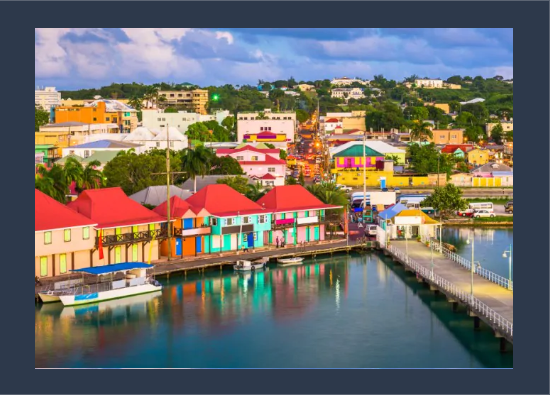
Wetlands provide natural protection to the people of Barbuda during severe weather events and from future climate impacts. Yet, a foreign investor Tom Fazio has the greenlight to build hundreds of private residences, an exclusive resort, and a golf course are being built on the wetlands of Cordington Lagoon National Park.
Wetlands of Palmetto Point being transformed into an exclusive private village of 450 residences for the ultra wealthy.
The Abercorn Trust has submitted plans for the construction of a 15,000 sq. ft. private residence intended for a British businessman. This mansion is slated to be erected within the confines of the protected Codrington Lagoon National Park, posing a potential threat due to its close proximity to the area’s prominent sanctuary for frigate birds.
In the face of these developments, Barbuda’s people are waging a battle to hold on to their land, culture, and heritage. Their fight is a reminder that paradise isn’t just an image postcard; it’s a community’s soul and identity. As disaster capitalism seeks to exploit tragedy, Barbuda’s resilience stands as a testament to the power of collective determination.

Support Local Legal Actions Finance Research and Evidence Collection

Help Save Barbuda Get the Truth Out by Following the Story on Social Media

You Help Get the Word Out When You Share this page with others in your network

Showcasing stories of Caribbean organizations at the foreground of the struggle against disaster capitalism in the Caribbean. Our network of participants in the Greater Caribbean region connect, learn, share their hands on responses to the impacts of the twin threats of the climate crisis and disaster capitalism in our region.
WAVE (Progressive Reform Movement)
Global Challenges Research Fund
Open Society Foundations
All Rights Reserved – strongercaribbeantogether.org 2022
All Rights Reserved – strongercaribbeantogether.org 2022
In the tumultuous aftermath of disasters, it is easy to feel isolated and alone, but you are not.
We, a network of Caribbean-wide community organizers who stand in solidarity with those affected the twin threats of the climate crises and disaster capitalism, a phenomenon that exacerbates the suffering of vulnerable communities.
We want you to know that your stories matter. We are here to listen, to support, and to amplify your voices.
We believe that together, we can challenge the forces of disaster capitalism and advocate for more sustainable, inclusive and equitable decision-making.
Join us in solidarity. Share your experiences and let’s build strong communities that thrive together.
As the wider world braces for the climate change, Caribbean communities are already struggling with its effects. Small local communities, small scale farmers and coastal communities are disproportionately affected. Political decisions, power dynamics and laws often compound the catastrophes and silence bottom up solutions.
There are ways in which you can help.